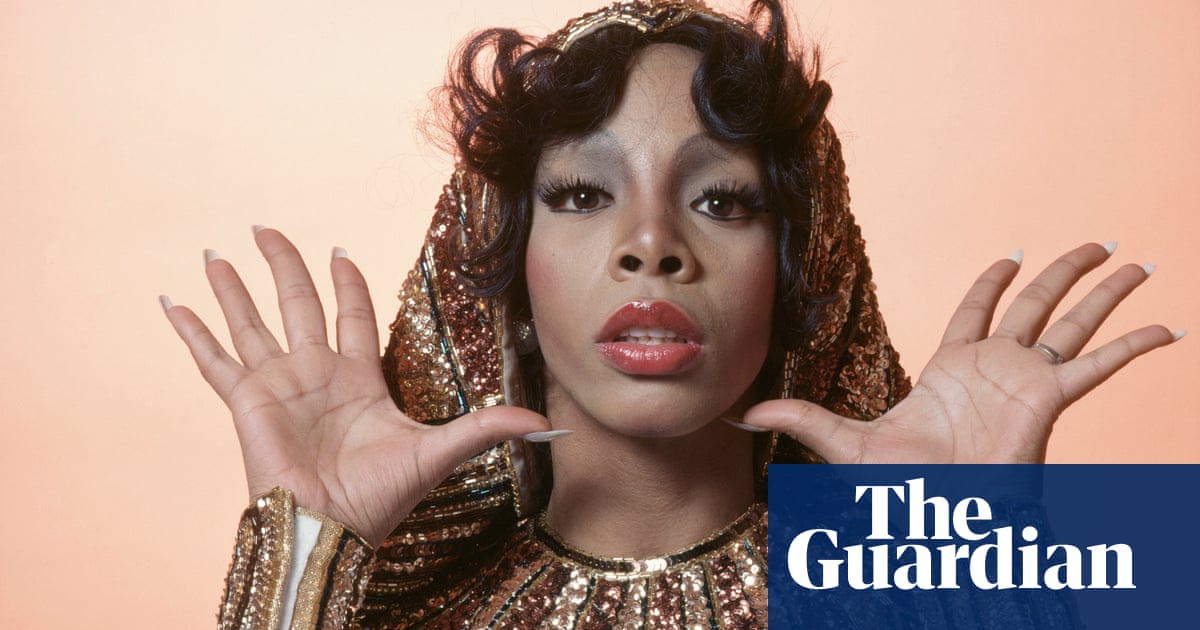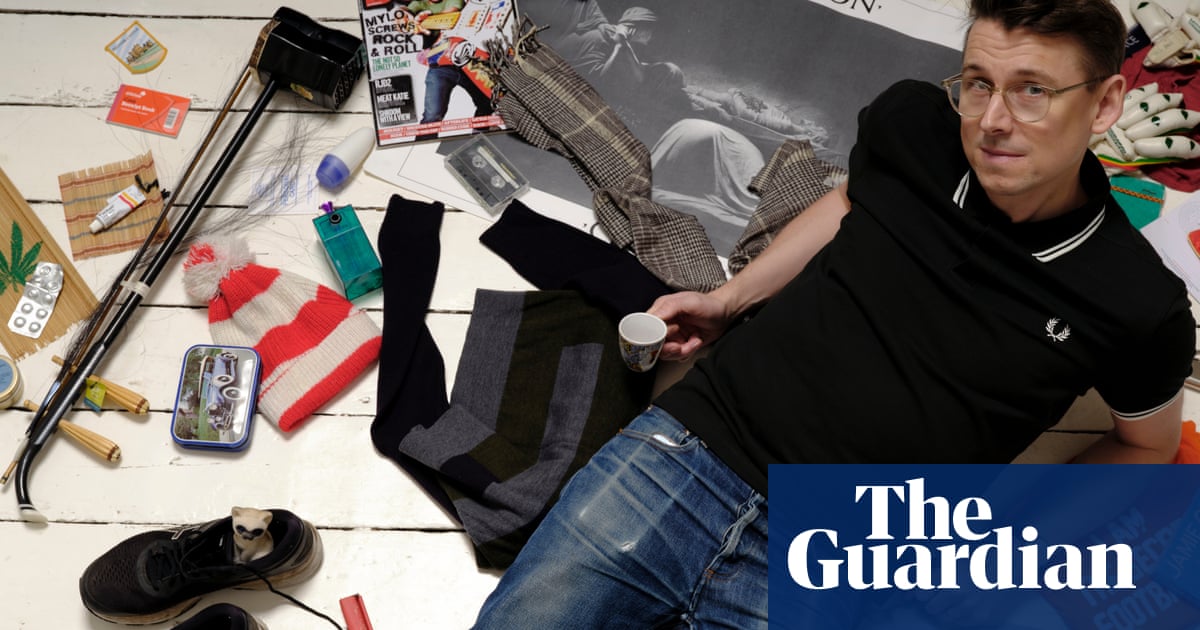
wenty-five years ago I might have sneered at the fact Will Carling and I have just talked at length three days in a row. I would have been astonished by my discovery that he is one of the most interesting interviewees in sport.
It was easy to be judgmental then because I was riddled with preconceptions. Carling had become England’s youngest rugby captain in 1988, at 22, and he held that role for almost nine years. I didn’t know Carling and so I followed everyone who saw him as cold and arrogant.
The memories tumble from him now. I feel the loneliness of a six-year-old Carling at boarding school. I understand his anxiety when he becomes England captain to a gnarled team containing his sceptical heroes. I imagine how it felt, 25 years ago last week, when he was trampled by Jonah Lomu in a 1995 World Cup semi-final, a month after he had been stripped briefly of the England captaincy for dismissing the “57 old farts” at the RFU who suffocated the game.
I sense his troubles during the year he hid in a Covent Garden flat and never opened the curtains. I understand why Carling went to see a psychiatrist and why he now seems so content in a marriage of 22 years. But, during our third conversation, we talk mainly about Carling’s grandfather.
“He was a butcher,” Carling explains, “and had a little shop in Cornwall. I didn’t care that he was a butcher. He was a really good guy. But the snobbery struck me. It was especially true in the army which can be incredibly snobby and hierarchical. People thought I should be embarrassed my grandfather was a butcher. I just wanted to say: ‘Fuck off!’ I still became this cliche. The ex-public schoolboy and army officer. God, you’re absolutely perfect to captain England from the committee point of view. Well, he ended up a fucking nightmare, didn’t he?”
Carling laughs and thinks of his current role, working with Eddie Jones, as a mentor to England’s leading players. “Some of them – especially the ex-rugby league boys – were shocked. They say: ‘You’re not what I expected.’ I go: ‘No, I was this shy kid. You watch him on the pitch and there’s that arrogance. But, as captain, I’m meant to transmit this belief we’re going to win.’”
The 54-year-old shakes his head. “This image grows that you’re ‘that’ person. You think: ‘I’ve never been like that.’ I was insecure but I really wanted to win. But that bloke who walks out on the pitch, and you see from the stand, is nowhere near what I was, or am now.”
To reach the heart of Carling go back to when he was five. “I remember dropping my brother off at boarding school,” he says. “We were driving away and he came running after the car. He was crying. My dad said: ‘I’ll deal with this.’ I was thinking: ‘How can you take him back?’ I said to my mum: ‘I don’t want to come here.’
“A year later she dropped me off. I remember her talking to the headmaster and thinking: ‘You’re more interested in making an impression with him.’ I walked up this big staircase with the matron and never said goodbye. In a way I never forgave her.’”
Did he talk subsequently to his mum about that day? “Yeah. They felt it ticked the box that your children went to private school but every night during those first weeks I would go into a ball at the bottom of the bed. You didn’t want anyone to hear you crying. It was unbelievably lonely. My mum wasn’t hugely interested in anything until I got picked for England. Suddenly there was an interest in me again. I thought: ‘I remember you. You’re my mum.’”
From prep school, where he had first shown his rugby talent, Carling was sent to Cumbria. “I arrived at Sedbergh – a big rugby school – and there had been talk about me because I played the year above my age. The others were thinking: ‘Who the hell does this kid think he is?’ I was petrified.”
As England captain one of his most abrasive critics within the team was Brian Moore. The hooker, a solicitor, was a pit bull on the field and, off it, he was trenchant. Carling did not know his team-mate had been sexually abused as an adopted boy. In the same way, Moore had no idea the public school twerp who captained his side was struggling.
They are now friends and Carling says: “I should have realised he was never going to let me know him at that point. Brian wanted to be England captain and his worst nightmare was that a silver-spoon kid had it instead. If it had been Peter Winterbottom, a strong northerner, he could have dealt with it more easily.
“A few years ago Brian rang Lisa [Carling’s wife] and said: ‘I’ve just driven past Sedbergh. Now I understand him. In the middle of nowhere, looking at the place, it’s like why would you want to be sent there?’ As you get older you appreciate what the other person has been through. Bizarrely, I always appreciated Brian even if he was fucking annoying. He questioned everything I did. It made me realise you have to think hard about what you’re asking your team to do because he’s so bright.”
In the late 1980s, as an amateur, Carling gave up his well-paid job with Mobil to play rugby full-time. He was accused of thinking only about money when he did the occasional corporate gig but the reality was that Carling had no income. He just poured everything of himself into learning how to captain a team of hardnosed players like Moore, Winterbottom, Mike Teague and Wade Dooley.
“They were good players but we weren’t winning anything. People don’t like change and there was this 22-year-old posh boy going: ‘We’ve got to change if we’re going to win.’ They went: ‘Why don’t you fuck off?’ I was driven to win but it was lonely. Those team-mates were also my heroes but I knew they had to change. The desire to win helped me get over being petrified.”
England suffered painful defeats under Carling but they also reached the 1991 World Cup final and won three grand slams. In 1995, after the players stood up to the RFU and demanded his reinstatement as captain, Carling led England to the World Cup semi-finals in South Africa. He believes they were a better team than four years previously but Lomu steamrollered them.
“Lining up in that very narrow tunnel in Cape Town I looked back. There were four All Blacks and suddenly I saw Jonah. You’re trying to think you can still deal with this. But part of you goes: ‘Shit …’”
Lomu scored four tries and the game was over after 20 minutes. “Your World Cup is over. Everything’s over. I was thinking: ‘Christ, this is embarrassing.’ I was proud of the way we came back [England lost 45-29] but Lomu was unstoppable. I remember he scored in a corner. But before he went over I hit him as hard as I could. He hardly moved. There hasn’t been, in 25 years, a guy as powerful as him. That’s incredible.”
Carling faced an even more difficult period. After his friendship with Princess Diana emerged he was targeted by paparazzi and, as his career ended, he hid away from the world in a darkened flat. “I didn’t open the curtains for a year because I didn’t want to be seen. I needed to be alone. Even a few years later, with Lisa, I didn’t want to go out because I don’t want people judging me. It’s only when you grow up you realise people don’t really think about you. The vast majority move on but I was so battered I didn’t want people looking at me.”
Carling is happy now and it seems clear his marriage and their children have saved him. “After people telling you for 10 years that you’re meant to be this comic-book hero it did me good to be absolutely floored. You’ve got to take responsibility for your mistakes and change.”
While not able to discuss his work with England, Carling is open about the problems facing rugby. The lockdown presented an opportunity for administrators to set aside tribal rivalries and find consensus on the problems affecting the game. Has Carling seen any progress?
“Not yet, sadly. I read that the English and French clubs have stopped the idea of aligning the global calendar. People talk about player welfare but how many are doing anything about it? A lot of English clubs aren’t financially viable so we need to change. Here’s a chance to restructure and deliver something new. With everything that has happened now is the time to make the best decisions for the professional game but it needs vision and strong people.”
Was he shocked by the way Saracens manipulated the salary cap? “Part of me was thinking, ‘I don’t believe for a second they’re the only ones doing it.’ I’m also biased because I think Nigel Wray has done so much good for the players. I don’t like the jealousy and desire to bring him down. Has no other club broken the rules? Why destroy one club and allow the others to skulk away?”
In terms of the global game “the challenge for Bill Beaumont [re-elected as the chairman of World Rugby] is to move out of a comfort zone. Rugby’s gone professional but it’s still very much a gentlemen’s club. I’d love to think Agustín Pichot [who stood against Beaumont] could be harnessed in some way because we need a new look. Argentina might not be a traditional rugby country but their team’s done bloody well.
“We need to look outside the same old countries that command most of the money and votes. You think: ‘Guys, do we really want this game to grow, or just keep it for our friends?’ That attitude has got to be broken.”
Rugby might be stuck but, during lockdown, Carling’s generosity has helped ordinary fans. “I must have done 50 or 60,” he says of the personal video messages he has persuaded rugby personalities, from Gareth Edwards to Billy Vunipola, to record for elderly people in isolation. “It started when someone asked if I would do one for their dad. He came back and said: ‘He loved it and it made a massive difference.’ I thought: ‘It’s not a huge ask to spend two minutes on a quick video. It’ll really help someone’.
“The most reassuring thing for me getting involved with the current guys is that they’re great characters. They have the same humour. People say: ‘Oh, rugby’s very different now.’ Yes, they’re fitter, stronger, more skilful and paid lots of money but the raw material is pretty similar and I love that.
“I hope it will carry on being a great game. I hope the people who administer it see the opportunity to take us forward. Change is always needed.”












